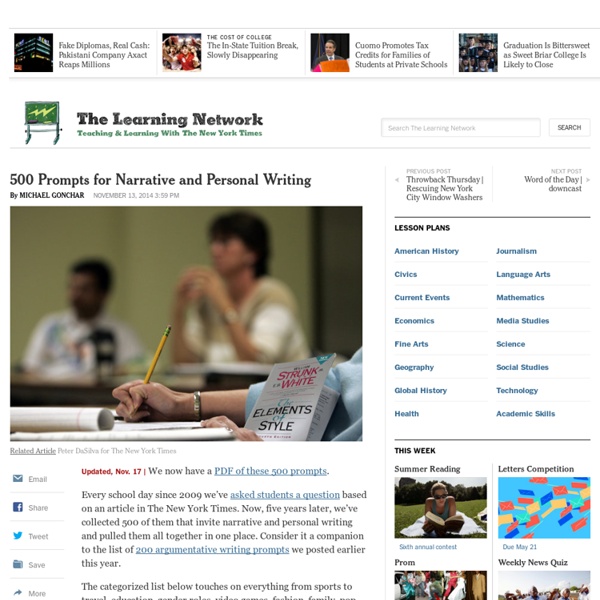500 Prompts for Narrative and Personal Writing
Home | Write About This
Plagiarism Checker - Free Online Software For Plagiarism Detection
Storyboard That: The World's Best FREE Online Storyboard Creator
When to use i.e. in a sentence
wordreference.com
Related:
Related:



